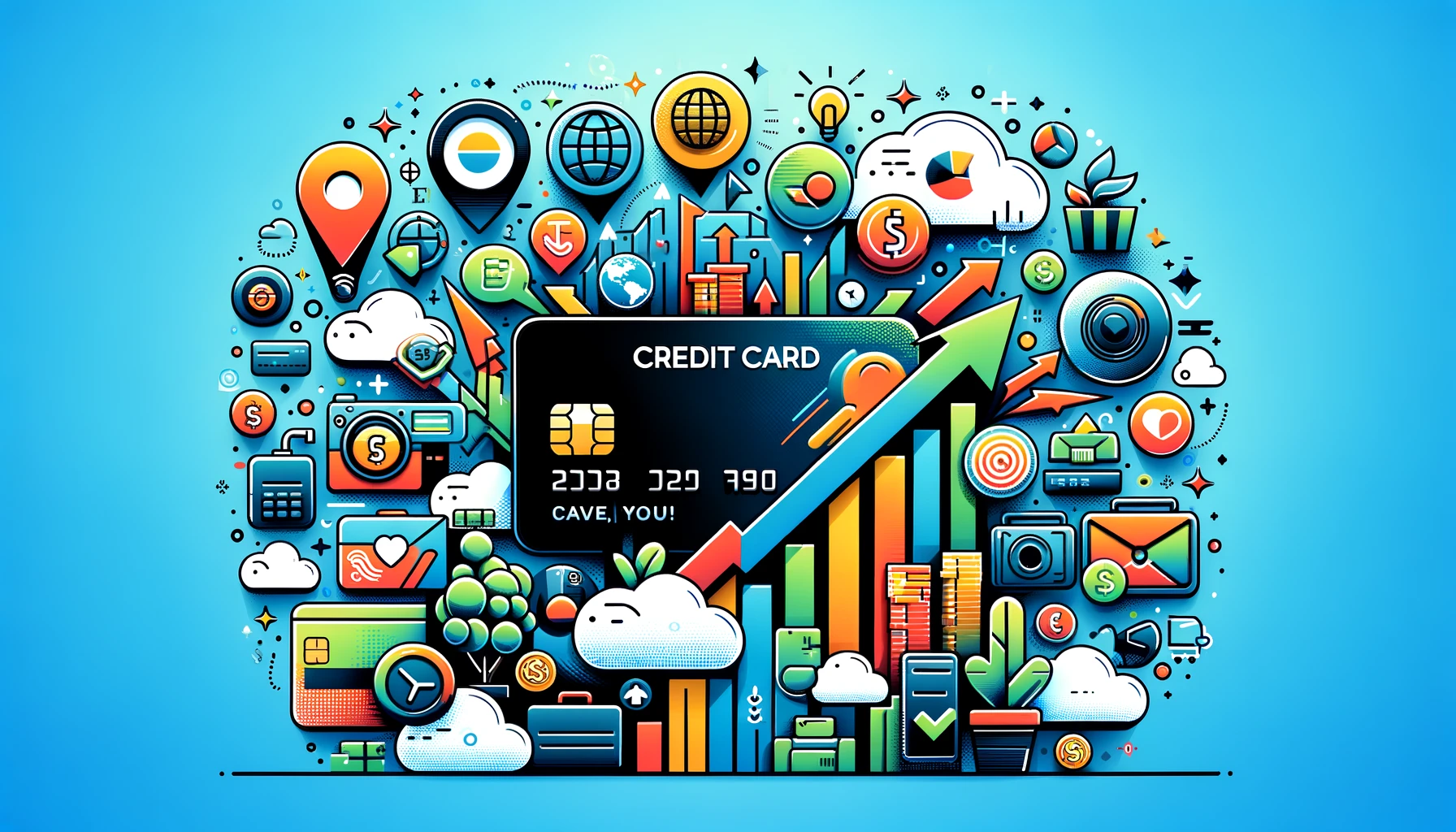When it comes to making payments, the choice between cash and credit cards can have a significant impact on your financial management. Each method has its own set of advantages and disadvantages that can influence your decision-making process. Understanding the pros and cons of cash versus credit cards is essential for making informed financial choices. Let’s explore the key takeaways from comparing these two popular payment methods:
Key Takeaways
- Credit cards offer rewards and cash back for spending, unlike personal loans.
- Credit cards provide fast access to financing and come with various rewards options.
- Credit cards can help build credit history and serve as a safety net for large purchases, but they can also lead to overspending.
- Responsible credit habits can help avoid the negative aspects of credit cards, such as late payments and debt accumulation.
- Credit cards offer better protection against fraud and theft compared to other payment methods like cash or debit cards.
Cash vs Credit Card: The Pros and Cons of Different Payment Methods
Advantages of Credit Cards
Credit cards offer a multitude of benefits that cater to the modern consumer’s needs. Convenience is a significant advantage, as credit cards are accepted at a vast array of retailers and for online shopping. This flexibility extends to the potential for credit limit increases over time, accommodating growing purchasing power.
Another key benefit is the ability to earn rewards on everyday expenses. These rewards can range from cash back to points redeemable for travel, making every dollar spent work harder for the cardholder. Additionally, credit cards often come with purchase protection, providing a layer of security for new acquisitions.
Credit cards are also instrumental in building a credit history, which is crucial for future financial endeavors such as loan approvals and housing applications. For those who manage their finances well, credit cards can offer an interest-free period, allowing for short-term borrowing without extra cost.
Managing credit card receipts is crucial for financial organization. Keep receipts until the return period expires. Regularly reconcile for accuracy and prepare for audits or claims.
While credit cards have their advantages, it’s important to be aware of the potential for higher interest rates and fees. Responsible use, including timely payments and staying within one’s budget, can help mitigate these drawbacks.
Disadvantages of Credit Cards
While credit cards offer convenience and rewards, they also come with certain drawbacks. High interest rates are a primary concern, particularly for those who carry a balance from month to month. Interest can accumulate quickly, making it difficult to pay down debt.
Credit cards can also tempt users into overspending, leading to a cycle of debt. This is exacerbated by the fact that credit limits may increase over time, offering more rope to potentially hang one’s financial stability. Additionally, some credit cards charge monthly or annual fees, which can add up over the year.
It’s crucial to understand the impact of credit utilization on your credit score. Increasing your balance can work against you, affecting your financial health in the long run.
Another disadvantage is the potential for fraud. While credit cards often have robust security measures, they are still susceptible to theft and unauthorized use. In such cases, users may be liable for charges, although liability is typically capped at $50 for reported incidents. However, if a debit card is compromised, the user could be on the hook for much more, making credit cards a safer option in comparison.
Comparison of Fees
When choosing between cash and credit cards, understanding the fee structure is crucial. Credit cards often come with a variety of fees that can affect the overall cost of transactions. Cash transactions, on the other hand, typically do not incur direct fees, but may have indirect costs such as ATM fees or the risk of carrying cash.
Here’s a brief comparison of common credit card fees:
- Annual membership fee: Charged yearly for certain credit cards, especially those offering rewards or benefits.
- Balance transfer fee: A percentage of the transferred amount when you move debt from one card to another.
- Foreign transaction fee: Incurred when making purchases in a foreign currency.
- Cash advance fee: A fee for withdrawing cash from your credit line, often with immediate interest accrual.
It’s important to weigh these fees against the benefits provided by the credit card. For instance, rewards and cashback may offset the annual fee for some users.
When considering top cashback credit cards like Capital One Quicksilver and Citi Double Cash Card, it’s essential to evaluate how these fees play into your spending habits to determine the best fit.
Security Measures
When it comes to payment methods, security is a paramount concern for both consumers and financial institutions. Credit cards often provide stronger security features compared to cash. For instance, if a credit card is lost or stolen, the cardholder can immediately report the incident and have the card deactivated, preventing unauthorized use. In contrast, lost or stolen cash is usually unrecoverable.
Credit card companies invest heavily in security measures such as fraud monitoring systems and encryption technologies to protect cardholder data. These systems are designed to detect unusual activity and alert the cardholder or issuer to potential fraud.
Credit card users also benefit from liability protection policies. Most card issuers offer zero liability for fraudulent transactions, meaning the cardholder is not responsible for unauthorized charges reported in a timely manner. Additionally, many credit cards come with additional security features such as virtual card numbers for online purchases, which add an extra layer of protection.
On the other hand, digital payment platforms like Cash App also prioritize user security. They allow users to easily manage transactions on different devices and provide detailed guides for updating cards and troubleshooting issues. In case of security concerns, users can readily contact support for assistance.
Conclusion
In conclusion, the debate between cash and credit card payment methods has its own set of pros and cons. While credit cards offer convenience, rewards, and purchase protection, they also come with the risk of accumulating debt and high fees. On the other hand, cash provides a sense of security and helps in budgeting, but lacks the same level of protection and benefits as credit cards. Ultimately, the choice between cash and credit card depends on individual financial habits and preferences. It is important for consumers to weigh the advantages and disadvantages of each payment method before making a decision that aligns with their financial goals and lifestyle.
Frequently Asked Questions
What are the advantages of using credit cards over cash?
Credit cards offer rewards, cash back, and purchase protection that cash does not provide.
What are the disadvantages of credit cards compared to cash?
Credit cards may lead to overspending and debt accumulation if not managed responsibly.
How do credit card fees compare to cash transaction fees?
Credit card fees may include convenience fees, while cash transactions usually do not have additional charges.
What security measures do credit cards offer compared to cash payments?
Credit cards provide purchase protection and fraud liability, offering more security than cash payments.
How do credit card cash advances differ from regular credit card transactions?
Credit card cash advances often come with higher interest rates and fees compared to regular transactions.
What are the benefits of using credit cards for online purchases?
Credit cards offer better fraud protection and purchase security for online transactions compared to other payment methods like debit cards.



